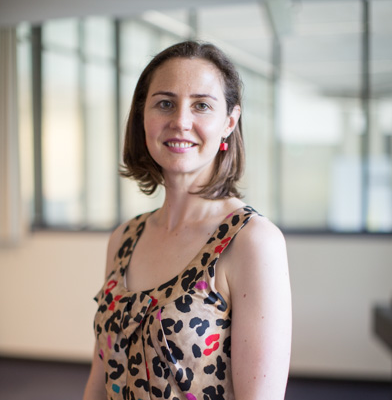Encountering legal imaginaries of harm: Towards an ethico-critical practice

The ANU Gender Institute and the Association of Law, Literature and the Humanities Association of Australasia present a public lecture by Dr Honni van Rijswijk
“The virus was … a sickness developed from channelling every scrap of energy towards an imaginary, ideal world”
Alexis Wright, Swan Song (2013)
Oblivia, the central character of Alexis Wright’s latest novel Swan Song, lives the paradox of the traumatised subject: she survives the continuing harms of sexual violence, colonisation, and environmental devastation, only to struggle to gain sovereignty over her own mind. Oblivia’s story, told as an elegy of the future, engages key questions of our juridico-political present: How does suffering call us into ways of relating to each other? How do we resist the actions of the state that would interpellate us through those harms? How do we develop practices fit to encounter the neoliberal processes that subtend the state’s erasures?
Harm is central to legal imaginaries: from Aristotle’s economic calculus in his Nicomachean Ethics, to contemporary processes of transitional justice, juridical structures are called into being through suffering. These responses are animated by metaphor and narrative, from the conceit of the scales of justice, to neo-religious promises of reconciliation and redemption. Such imaginaries produce particular legalities, defining whose suffering counts, and how that suffering comes to matter, thereby delineating the reach of obligations, and the limits of justice.
This public lecture will consider the role of the imaginary as a mode of intervention into processes of interpellation—as the location of a practice of interruption, diagnosis and transformation of legal organisations of harm, and as a point from which to offer alternative versions of relation and responsibility. The talk will consider the significance of practices of representation to state projects of continuing colonization and nation-building, to devising techniques of mis-interpellation, and to recognizing other calls, from other laws and political systems, beyond those of the state. In devising a critical encounter with legal imaginaries of harm, Dr van Rijswijk employs the genre of the elegy to connect feminist methods of understanding relation through harm to indigenous jurisprudence, and also to recent work in legal theory that has re-animated the significance of the aesthetic to critique. Together, she argues, these critical practices provide ways to strengthen ethical and legal relations, and responsibilities, beyond those organized through the state.
This event is free and open to the public.
*NOTE: ON Wednesday 4 December, Dr van Rijswijk is also facilitating an ECR/HDR Workshop for ANU Students and Staff on the Politics and Aesthetics of Academic Writing - information on this is available here.
About Dr van Rijswijk:
Dr Honni van Rijswijk is a graduate of Sydney Law School and received her PhD from the University of Washington, where she was a Fellow in the Society of Scholars at the Simpson Center for the Humanities. She is a Senior Lecturer in the Faculty of Law, University of Technology, Sydney. She researches at the intersections of law, literature and legal theory, and has written on the feminist aesthetics of harm, narratives of consent in Stolen Generations cases, and the significance of Virginia Woolf to tort law. Her work has been published in Law, Culture and the Humanities, Melbourne University Law Review, Feminist Legal Studies, UNSW Law Journal, and the Australian Feminist Law Journal. She is currently working on a book called The Figure of the Child in the Law’s Imaginary, which argues that in modern and contemporary periods, the child figure has become increasingly significant to the juridico-political imagination. The book examines the significance of the child figure in constituting the authority and legitimacy of the law, and to legal formulations of responsibility for past and present harms.






